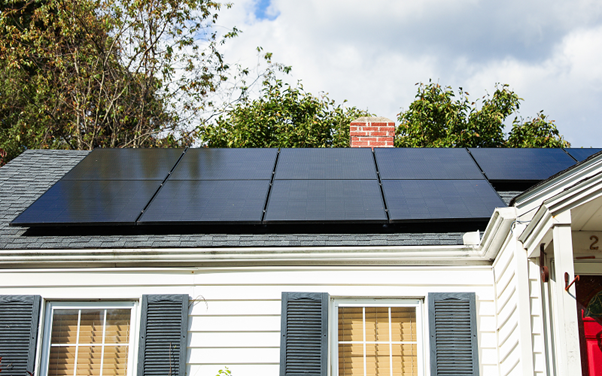Are Photovoltaic Systems a Passing Trend or the Future?
The conversation around renewable energy has grown louder in recent years, with photovoltaic systems at the heart of the debate. In Singapore, more homeowners and businesses are starting to look beyond traditional sources and consider the benefits of solar energy. The question remains: are these systems a fleeting fad, or will they form the backbone of our energy future? Much of the answer depends on how the industry adapts, the level of government support, and the choices made by each electricity provider in Singapore.

